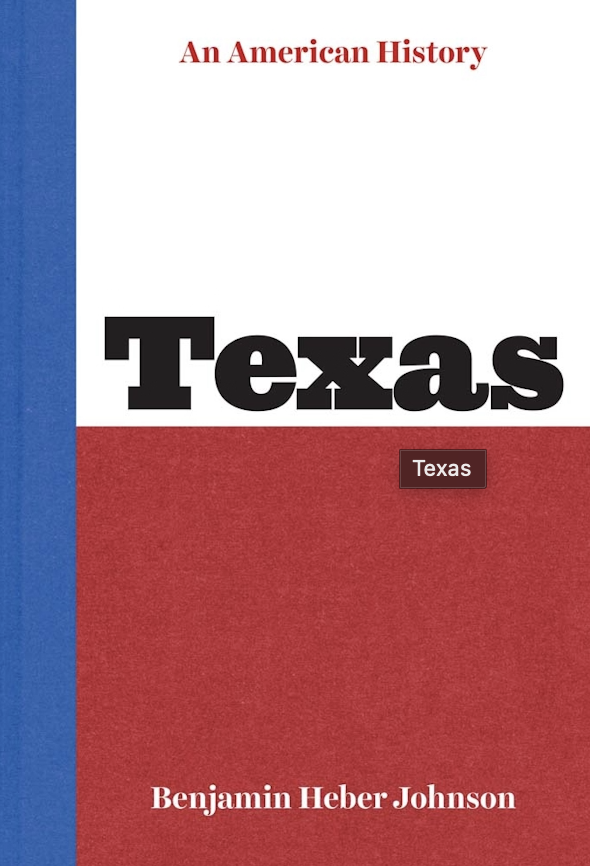At various points in its history, the state of Texas has been framed as a political theater: an experiment in potential American futures that other states have watched with admiration or disdain. In recent years, these scenes have been cast around the management of the US–Mexico border and stage anew the conflicts between the federal and state governments. The ongoing contention plays into the propagation of racist immigration policies and laws at the federal level and, in the process, firms up a caricature of Texas: it is a place of bigness and brashness, but one whose most powerful political imaginaries are unequally distributed. It is a political gravity around which America must turn, not just vice versa.
But Texas’s exceptionalism, and its governor’s desire to rule it in a state of exception, is not the only reason that people are watching it. Texas is not just the project of its ultraconservative political elite but also a huge place with a growing population, changing demographics, and in many ways an ambivalent voting base. This makes the state less like a dangling extreme appendage and more like a microcosm of America writ large.
Why an “American history” of Texas, then? Johnson proposes that “when Americans turn on their laptops, play video games, go to church, vote, eat Tex-Mex, go on a grocery run, listen to music, grill a steak, or watch a football game, they are, knowingly or not, paying tribute to the influence of the Lone Star State.” But when he justifies that a history of Texas requires a history of the US, as well as Mexico and beyond, he is more attentive to political economic mechanisms over cultural dissemination, like “cotton prices, factionalism within Mexico, and divisions in the US over the expansion of slavery.” At their intersection is a specific set of economic drivers, political projects, regionally specific habits, and cultural attachments that make Texas recognizable as such. As Johnson puts it, this is also where Texas’s political distinctiveness comes into focus, as an image that means both more and less than the state’s actual history.
